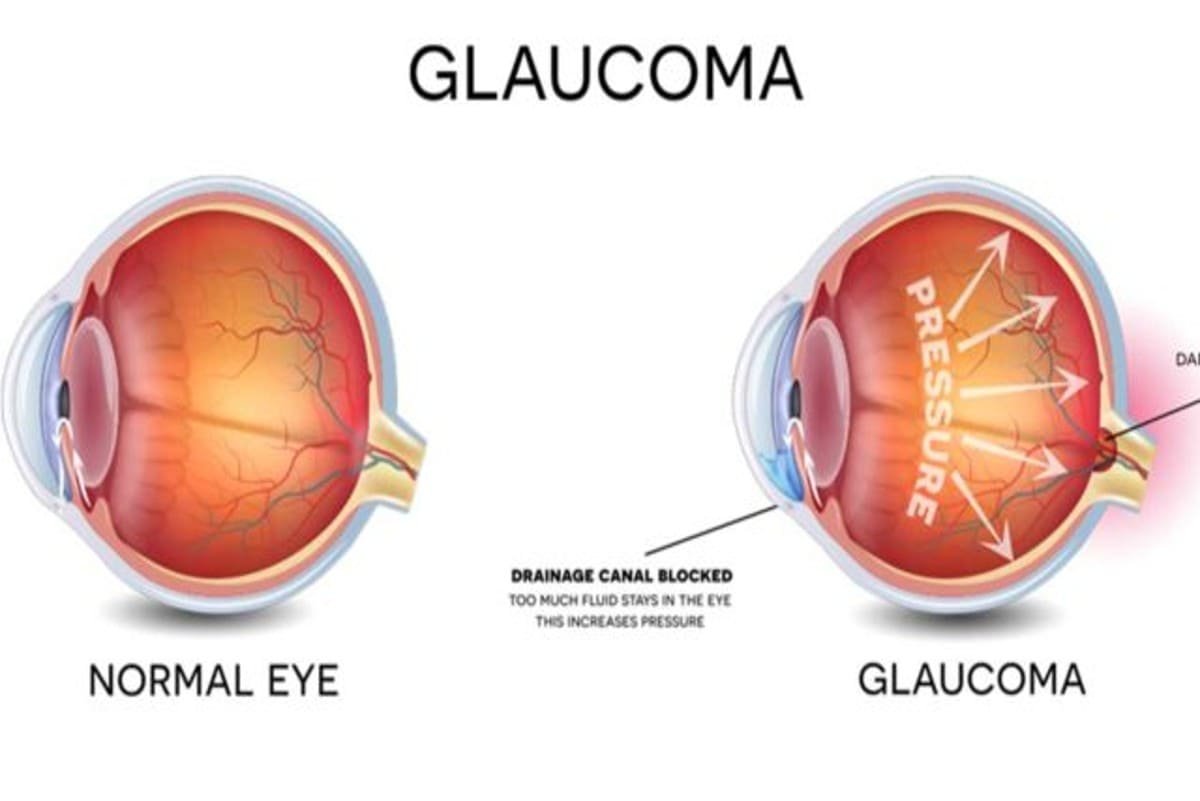
Glaucoma: Protecting Your Sight - A Silent Thief of Vision
Glaucoma, often referred to as the "silent thief of sight," is a group of eye diseases that damage the optic nerve, the crucial connection between your eye and brain. This damage can lead to progressive vision loss, and if left untreated, can eventually cause blindness.
Why is it called a silent thief?
The nickname comes from the nature of glaucoma's development. In its early stages, glaucoma often has no noticeable symptoms. Peripheral vision, which is located on the outer edges of your visual field, is usually affected first. This can go unnoticed for a long time because our central vision tends to compensate. By the time symptoms become apparent, significant vision loss may have already occurred.
Who is at risk?
Anyone can develop glaucoma, but certain factors increase your risk:
- Age: Over 60 years old are at higher risk.
- Family history: Having a close relative with glaucoma increases your risk.
- High eye pressure: This is a major risk factor, but not everyone with high eye pressure develops glaucoma.
- Certain medical conditions: Diabetes, high blood pressure, and a history of migraines can increase your risk.
- Ethnicity: African Americans and Hispanics have a higher risk of glaucoma.
Protecting Your Sight
The good news is that glaucoma can often be controlled with early detection and treatment. Here's what you can do to protect your sight:
- Schedule regular eye exams: This is the most important step. Your eye doctor can measure your eye pressure, examine your optic nerve, and perform other tests to detect glaucoma early. How often you need exams depends on your age and risk factors.
- Know your family history: Talk to your family about their eye health
- Maintain a healthy lifestyle: Eating a balanced diet, exercising regularly, and managing chronic health conditions can contribute to eye health.
If you have been diagnosed with glaucoma:
- Follow your doctor's treatment plan: This may include eye drops, medication, laser surgery, or traditional surgery.
- Take your medication as prescribed: Even if you don't feel any symptoms, it's crucial to take your medication as directed by your doctor.
- Attend follow-up appointments: Regular checkups are essential to monitor your condition and adjust treatment as needed.
Dr. Pavani's Best Vision Advanced Eye Hospital
In Visakhapatnam, Andhra Pradesh, Dr. Pavani's Best Vision Advanced Eye Hospital is a leader in comprehensive eye care, including glaucoma diagnosis and treatment. They offer advanced diagnostic tools and treatment options to manage glaucoma and preserve your vision.
Early detection is key! Don't let glaucoma steal your sight. Schedule a comprehensive eye exam with an ophthalmologist to safeguard your precious vision.


